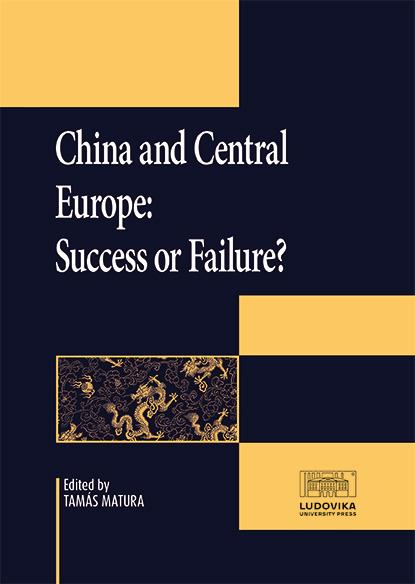Poland–China Relations: From Enthusiasm to Caution? A Polish Perspective
Synopsis
Since 2008, Poland has been reinvigorating relations with China. The reasons behind were two-fold. The global economic crisis, which affected the EU, was an impulse for Poland to look for economic partners beyond Europe. While China’s global ascendance means that not having intensive relations with the PRC may marginalise Poland in the EU and globally. In recent years, one may observe an intensification of bilateral ties. Currently, political relations are well institutionalised, and in 2016, they were named a “comprehensive strategic partnership”. However, despite this political hype, especially between 2011–2017, economic cooperation is not a success – trade deficit on the Polish side is expanding and the Chinese investment offer is not attractive. What is more, China’s global assertive approach, such as take-overs of high-tech companies and loan-based investments that may increase public debt and give an access to strategic assets made Poland rethink its policy towards China. Since 2017, Poland voices its discontent about trade deficit, scarce 16 + 1 results, China–Russia cooperation, etc. It is argued that strategic partnership has not met Poland’s expectations yet.
Keywords: China, Poland, comprehensive strategic partnership, Poland–China relations, Silk Road, Belt and Road Initiative, 16 + 1



.svg)
